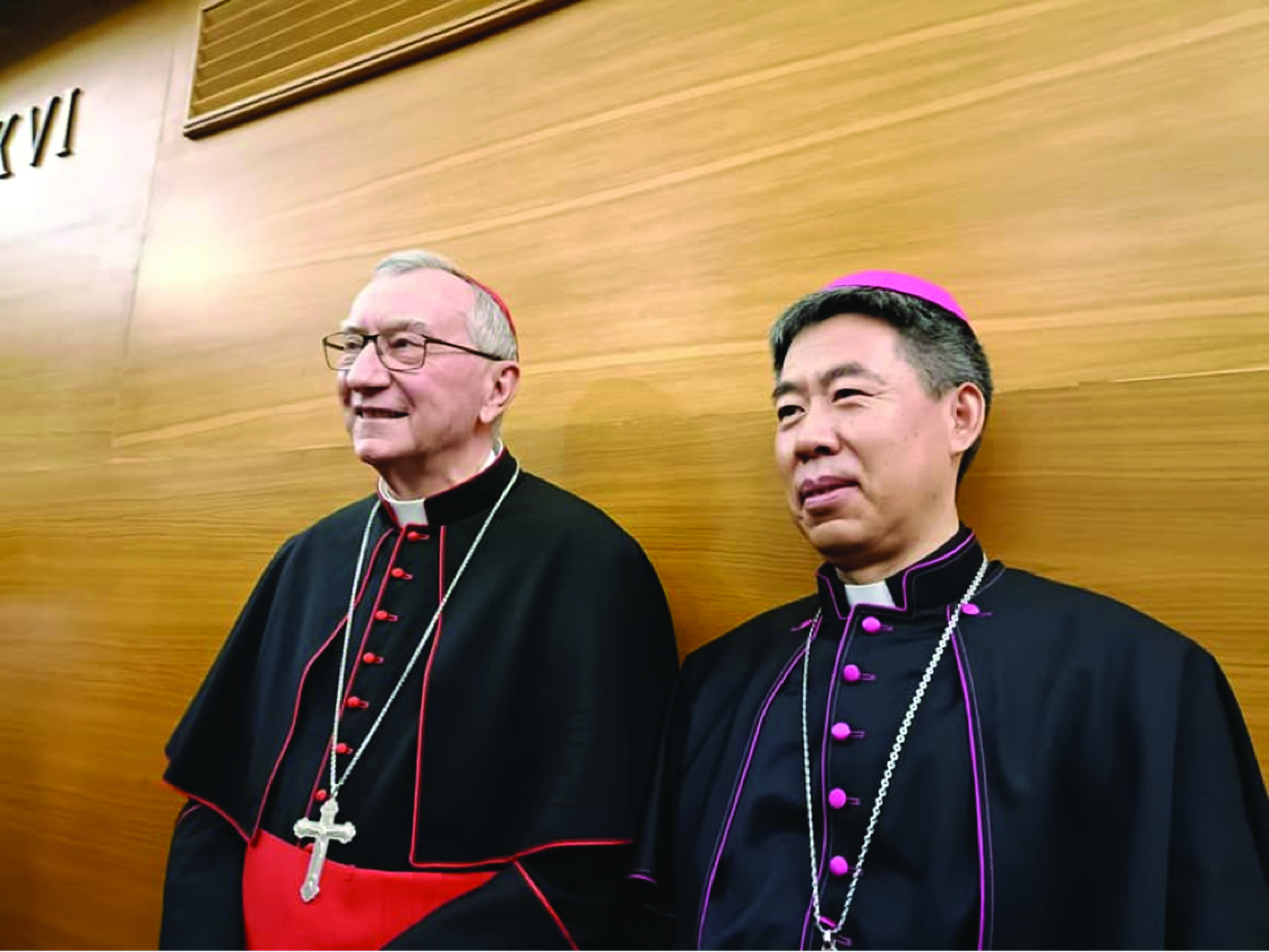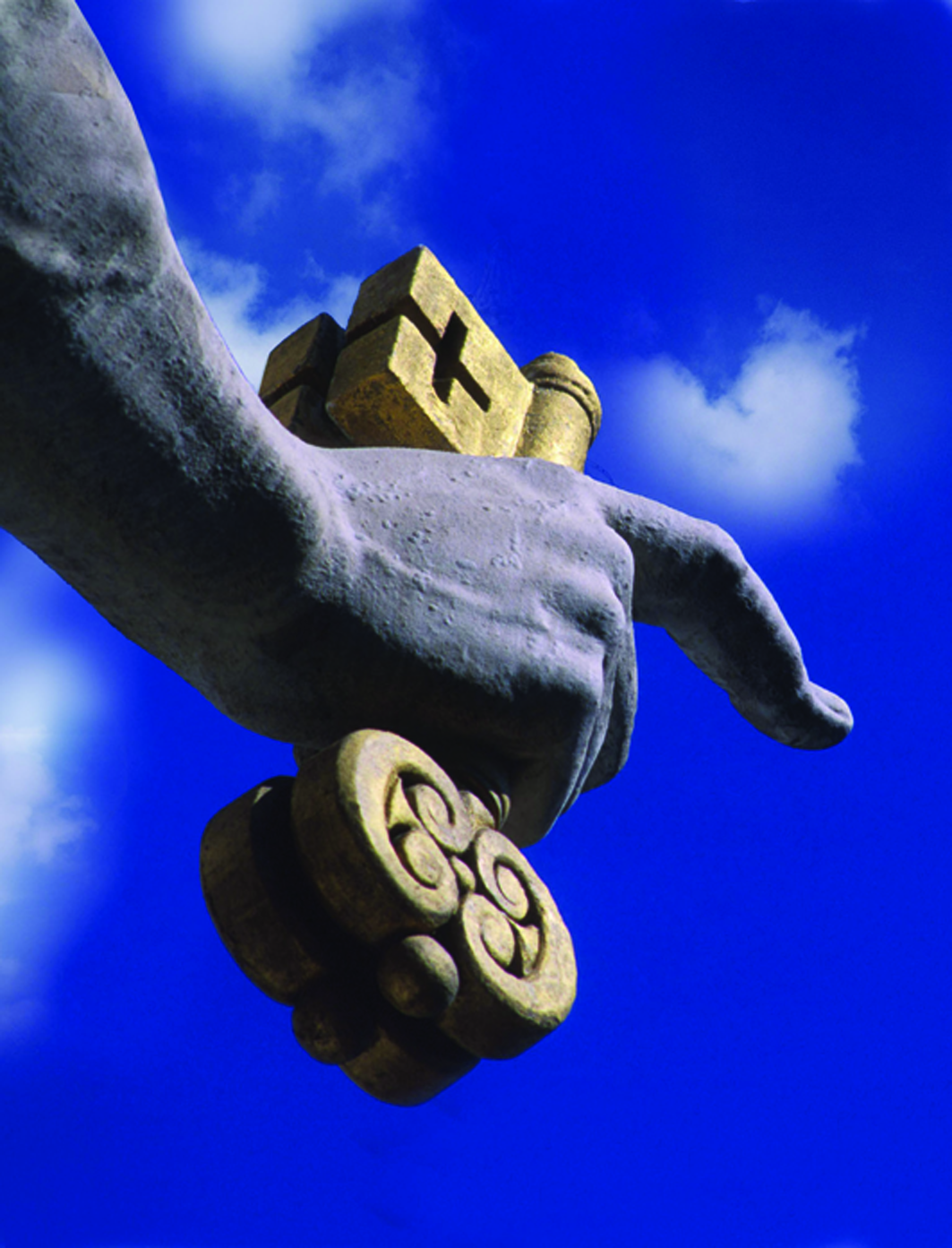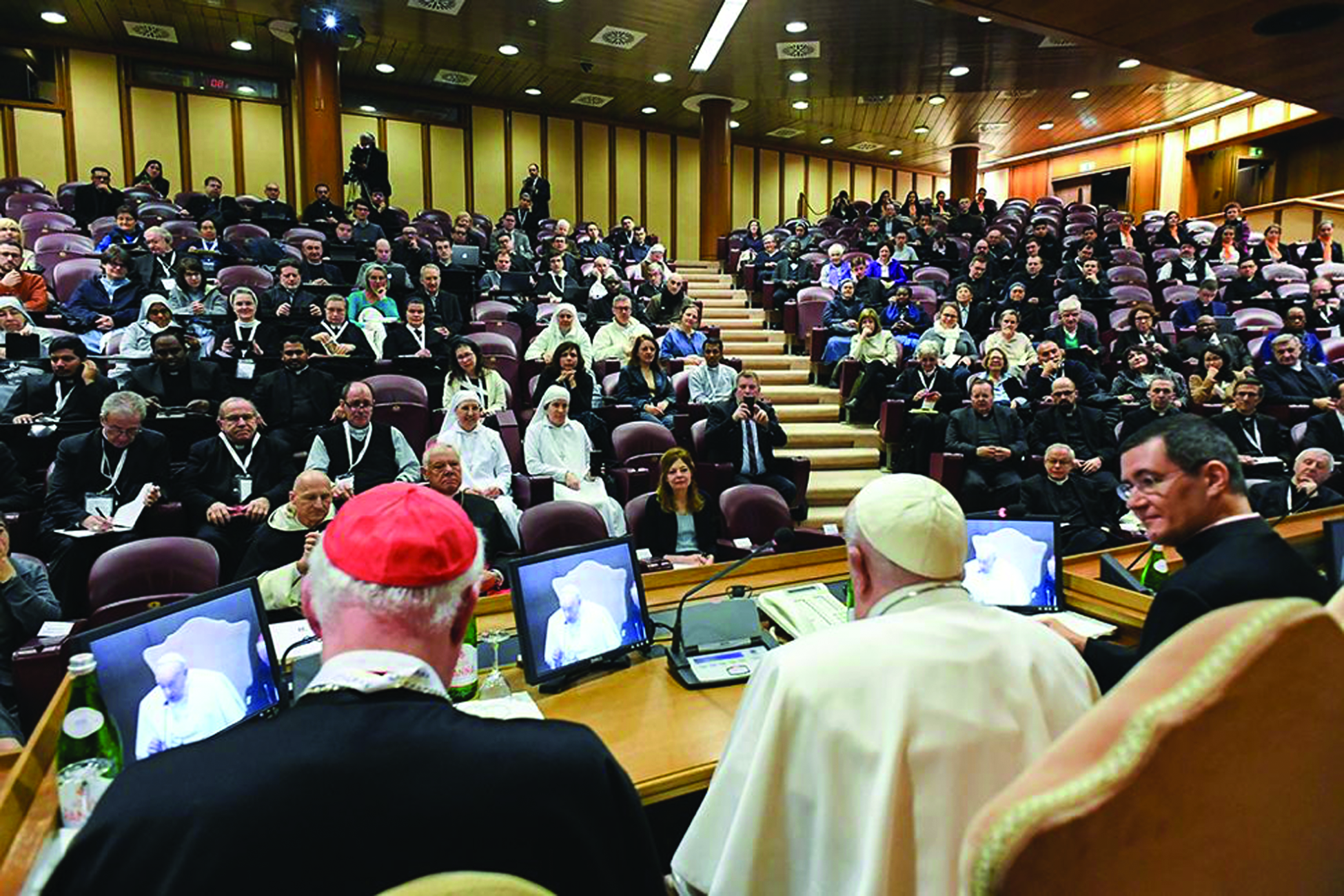Father Hermann Geissler, an official of the Congregation for the Doctrine of the Faith, has worked closely with Joseph Ratzinger for many years. Here, he shares some of his reflections on the man and his work.
I have vivid memories of my first meeting with Cardinal Ratzinger in 1993. He said to me: “When you start working with our Congregation, you must never forget simplicity and humility.”
He is a simple and humble man himself who puts not himself, but the Lord, in the center.
He is a man who loves God with all his heart and mind, who knows and transmits His word. He does not speak of himself, but of God; this is something which has always characterized him, first as cardinal, then as Pope.
When he was appointed prefect of the Congregation for the Doctrine of the Faith (in 1981), someone remarked to him that he would be confronted with a difficult task, to which he replied that he was deeply convinced that he was responsible to God and not to history. This gave him great peace, freedom and tranquility.
The Pope is not afraid. He is a man animated by a deep joy. Though being faced with many problems and difficulties, he is rooted in God, the Eucharist and the Church — hence his conviction that in spite of numberless problems and overwhelming difficulties, there is God and redemption.
This conviction, I think, originates from his theocentric spirituality. He has a strong link with the Eucharist. Every day of his life is focused on the Holy Mass. We have often celebrated the Eucharist with him and it was edifying to see how he was nourished by the Word and Bread of Life. One could feel that during the celebration of Mass he was really in communion with God, who became flesh and is present in the Eucharist. I daresay that the Eucharist is his main source of inspiration, strength and light even now that he is Pope.
He is a Churchman in the deepest sense of the word: he knows that God is present in the Church, which is His family; in the Church, which makes believers from all over the world friends; in the Church, which includes present, past and future; in the Church, which unites heaven and earth. It is from this vision that his deep communion with the saints, above all with God’s Mother, originates, but also with St. Joseph, his patron saint, and many others.
It was from him that I learned the passion for the truth, for Jesus Christ, for God, who is love. We have seen how he has always committed himself to defending the faith, the Church and God’s people to be a real co-operator of the truth — cooperatores veritatis — according to his episcopal motto.
This shows another aspect of his personality: Benedict XVI is able to build up an atmosphere of cooperation, trust and mutual respect. He has always created a friendly atmosphere thanks to his simplicity, cordiality and profundity. I remember that when he visited the Congregation for the Doctrine of the Faith the day after his election as Pope, he was accompanied by Cardinal Sodano, to whom he said: “Your Eminence, look, this is my family, the family of the Congregation for the Doctrine of the Faith.” He considered us his family.
From the moment I started to work with him in 1993, I was moved to see that he often asked the opinion of his collaborators, even of the youngest ones. He did so, not because he was superficial, but because he was and is convinced that the Holy Ghost speaks even through the latest-comers. Everybody is important in the Church, everybody is an instrument of the Holy Ghost. All the collaborators of the former prefect still have great affection for him.
The Holy Father is therefore a simple, profound and paternal man. Needless to say, he is also an excellent theologian with impressive discernment.
The Pope often reminds me of an eagle, which sees everything from above. With the eyes of faith and wisdom he sees the core of the difficulties to face and the challenges to take up, but he can also show the way to cope with them. It is a great gift to have him as our Master and Pastor of the Universal Church.






Facebook Comments